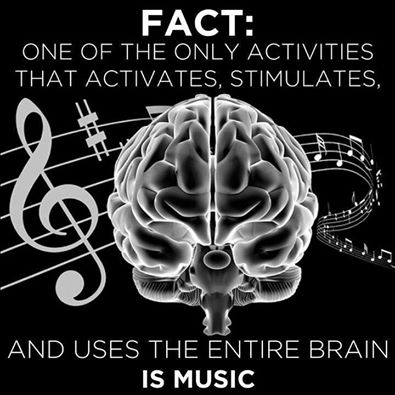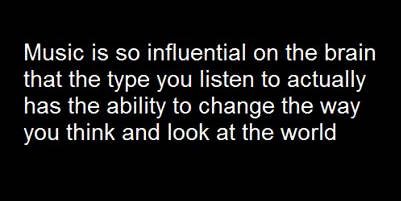
Eases Anxiety In Cancer Patients
Reduces stress / Lowers anxiety as well as a massage
Pain reducer
Protects the aging brain
Prevents heart transplant rejection in mice
Improves stroke recovery
Helps memory
Helps during surgery
Protects the ears sound processing ability
There are endless ways that music makes our hearts and souls feel better. Research shows that music can have benefits for our bodies, too. The Mayo Clinic points out that music can have effects ranging from reducing feelings of physical pain to boosting memory.
Researchers from Drexel University found that cancer patients who either listened to music or worked with a music therapist experienced a reduction in anxiety.
The review by the Cochrane Collaboration found that people who participated in music somehow had decreased anxiety, better blood pressure levels ,and improved moods.
A 2011 study in the journal Psychology and Aging shows that being a lifelong musician is linked with better sound processing.
Researchers found listening to joyful music is linked with dilation of blood vessels’ inner lining, meaning more flow of blood through the blood vessels. The diameter of blood vessels grew by 26 percent when a person listened to happy music. However, the opposite effect was noted when a person listened to anxiety-triggering music — blood vessel diameter decreased by 6 percent as a result.
Researchers from University of Utah Pain Research Center showed that listening to music is effective as a distraction for anxiety-prone people from feeling pain, and as a result, could help people feel less pain.
“The more music training during childhood, the better the verbal memory,” says Agnes S. Chan, PhD, a psychologist at the Chinese University of Hong Kong. “This strongly implies that the better verbal memory in children with music training is not simply a matter of differences in age, education level, or their family’s socioeconomic characteristics.” People who had the most musical training in their lives had the best mental sharpness, and scored the highest on brain functioning tests. Listening to music was linked with improved verbal memory and attention among stroke patients, compared with listening to audio books or not listening to anything at all.


